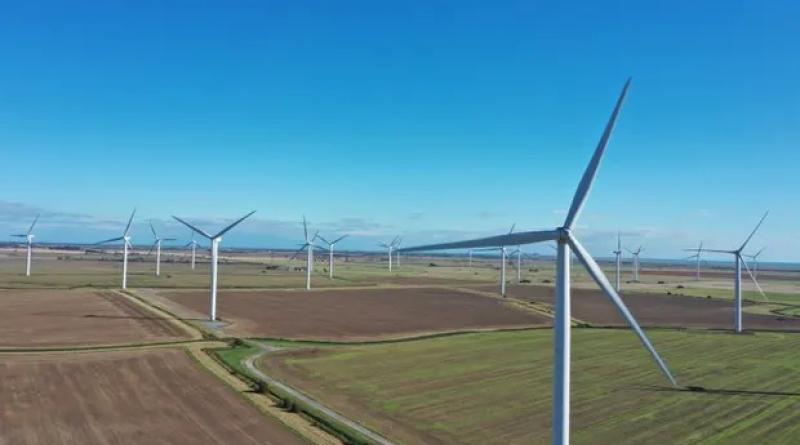UK could face ‘banking crisis worse than 2008’ if City fails to prepare for fossil fuel collapse

Report from climate activist groups says City is unprepared for potential collapse in value of fossil fuel assets
The UK could suffer 500,000 job losses and be forced to spend £674bn of taxpayer cash to rescue its banks and ensure financial stability, unless the City prepares for the value of fossil fuels to collapse as a result of climate crisis regulations, research shows.
The report, published by a collective of climate activist groups known as the One for One campaign (pdf), suggests those financial repercussions could eclipse those linked to the 2008 banking crisis, which forced tohe government to bail out major lenders including Royal Bank of Scotland and Lloyds Banking Group, and cost the UK roughly $556bn (£457bn).
It illustrates the risks that are likely to emerge if banks and insurers fail to hold enough capital to cover the potential losses they are likely to face as a result of climate regulations meant to achieve net zero emissions targets over the coming years.
Those prospective regulations will probably make it harder for carbon-intensive companies to sell their products like oil and gas to customers, so they will instead be forced to buy greener sources of energy. This will reduce the value of carbon-heavy assets including shares or loans for fossil fuel projects or their related companies, which will in turn harm the institutional investors like bank, insurers and fund managers that hold them.
Globally, the report estimates that banks would probably need a total of $4.9tn in international bailouts if fossil fuel assets collapsed in 2030, putting 13.6 million jobs at risk worldwide.
One for One campaign, which is backed by groups including Positive Money UK and the Sunrise Project, is calling for coordinated action from governments and financial regulators to address what it says are critical weaknesses in the banking and insurance sectors. That would involve banks and insurers holding one pound worth of capital in reserve to match every pound used to finance or insure fossil fuel projects.
“If we don’t have rules in place to ensure fossil fuel financing is backed by adequate levels of capital, it will be impossible to transition to a low carbon economy without triggering serious financial instability,” Joshua Ryan-Collins, an associate professor in economics and finance at the University College London’s Institute for Innovation and Public Purpose, said.
“Banks and insurers need to have buffers in place to absorb shocks arising from collapses in the value of oil, gas and coal assets as new regulation kicks in and demand falls as renewables scale up,” he explained. “Enhancing capital requirements for dirty assets should also encourage banks to shift their lending away from unsustainable activity, which in itself will reduce transition risk.”
COVER PHOTO: Carbon-intensive companies will instead be forced to buy greener sources of energy under proposed regulations. Photograph: Tom Leese/PA






